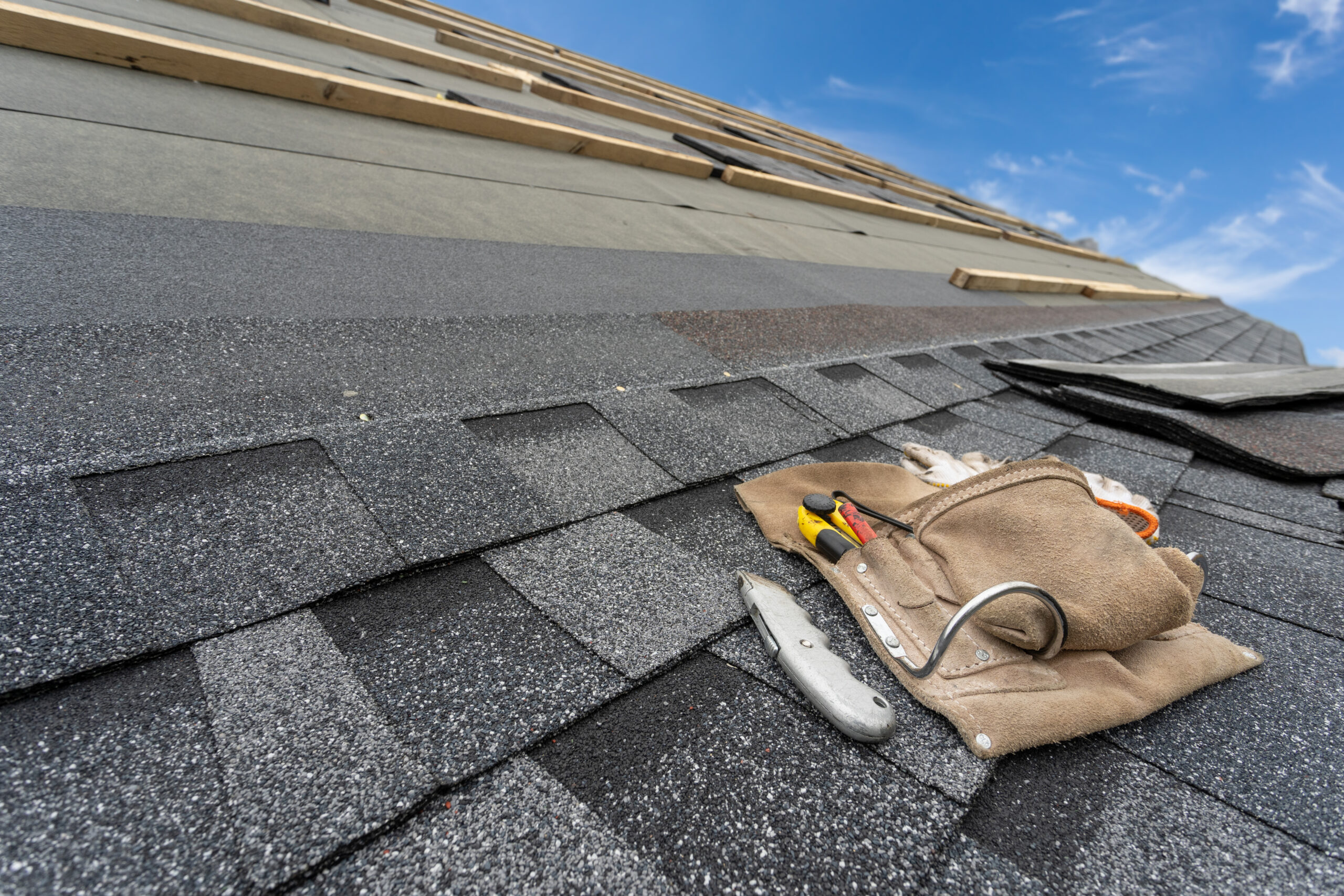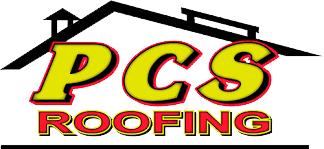
What Happens During a Commercial Roof Inspection?
Commercial roof inspections are crucial for the longevity and performance of your building’s roofing system. As a property manager, understanding the process of a commercial roof inspection can help you prepare and maintain your roofs efficiently. In this article, PCS Roofing shares a guide to what to expect in your next commercial roof inspection.
.jpg)
Interior Roof Inspection
A commercial roof inspection often starts from the inside of the building. This initial phase allows inspectors to identify signs of water damage, leaks, and their possible points of entry. This information is crucial as it provides clues on where to focus once the inspector assesses the exterior part of the roof. For instance, if water stains are present on ceilings or walls, it indicates a potential leak source that warrants closer exterior examination.
Exterior Roof Inspection
Upon completing the interior inspection, the inspector moves to the rooftop. This stage involves a detailed review of the roof’s condition. The inspector looks for any visible damage, such as cracks, splits, or signs of material uplift. Additionally, aspects like drainage systems—gutters and downspouts—are checked for blockages or debris that could impede water flow, potentially causing water accumulation and damage.
The Importance of Cleaning Debris
During the inspection, it’s not uncommon for the inspector to clear away debris accumulated on the roof and within the gutter system. This step is vital, as it allows for a more thorough inspection and prevents any immediate water retention issues that could lead to structural damage. It’s a preventive measure that safeguards both the roof’s integrity and the building’s overall health.
Core Sampling and Analysis
In some cases, inspectors may take core samples of the roof. This procedure involves removing a small section of the roofing material to assess its condition, including moisture levels and overall composition. Core sampling is particularly useful for determining the roof’s lifespan and whether a repair or complete replacement is advisable. This part of the inspection is critical for roofs showing signs of advanced wear or those nearing the end of their expected service lives.
Delivering the Final Inspection Report
After the inspection is finalized, the roofing inspector compiles a detailed report documenting their findings. This report includes a list of identified issues, photographic evidence, and recommendations for necessary repairs or maintenance. It also lays out a proposed schedule for follow-up work. Receiving and understanding this report is essential for property owners, as it provides a clear action plan for maintaining or restoring the roof’s integrity.
The Importance of Regular Inspections
Routine roof inspections for commercial properties are not just recommended; they are necessary for early detection of potential issues and prolonging the roof’s lifespan. PCS Roofing stresses the need for annual inspections to mitigate risks and ensure the safety of the building’s occupants and assets. These inspections can save significant time and money by preventing minor problems from escalating into major repairs.
Let Us Handle All Your Commercial Roofing Needs
Commercial roof inspections are critical for identifying current and potential issues, ensuring the longevity of the roofing system, and maintaining the safety of the property and its occupants. At PCS Roofing, we are committed to providing thorough inspections and maintenance services, helping commercial property owners protect their investments. For inquiries, call (864) 862-8887 or fill out our online form to schedule an appointment.
